Taiwan seeks closer ties with Australia amid China aggression
Taiwan thanks Australia for bluntly telling Beijing not to invade, saying the strong comments are helping avoid conflict.
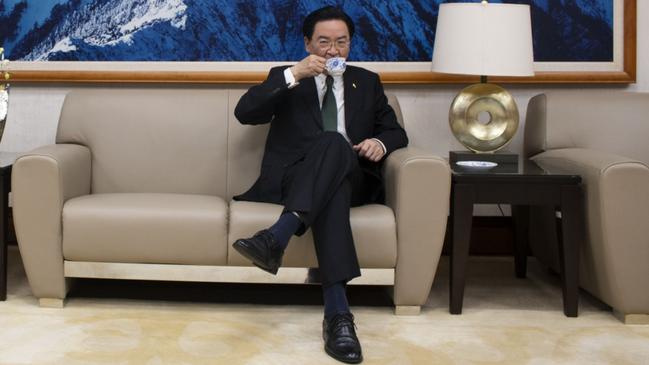
Taiwan has thanked Australia for bluntly telling Chinese President Xi Jinping not to invade it and declared that the Morrison government’s strong comments are helping avoid conflict in the region.
In an interview with The Australian in Taipei, Foreign Minister Joseph Wu expressed deep appreciation for the Morrison government’s escalating concerns and said that, while it was Taiwan’s responsibility to defend itself, Australia and other allies were helping to preserve stability through their support for Taiwan.
“As I say all the time, I have a kangaroo in my heart,” Mr Wu said, pointing to his kangaroo lapel pin.
Mr Wu said he admired Australia’s “natural passion’’ and its history of speaking out and fighting to safeguard freedom and democracy.
Mr Wu in 2013 visited Canberra and the Australian War Memorial and said it had “changed my whole perspective on Australia”.
“Australia is so far away from the rest of the world, but look at Australia’s record,” he said.
“Participating in battles, or wars, in terms of safeguarding freedom and democracy. Also, in terms of fighting together with allies. It’s very touching.”
Mr Wu, who was sanctioned weeks ago by Beijing, said his government cherished Australia’s rising concern.
“There’s a natural passion of the Australians … When other fellow democracies are threatened, they will like to speak out,” he said. “Australia is not alone in supporting Taiwan in that way.”
Mr Wu also asked for closer relations with Canberra.
One of the most senior figures in President Tsai Ing-wen’s democratically elected government, Mr Wu called for regular cabinet-level contact between Taipei and Canberra and expressed his admiration for Australia’s contribution to world security.
Australia cut formal diplomatic relations with Taiwan in 1972 when Gough Whitlam recognised China, and has maintained a “one China’’ policy since then, which only allows an unofficial relationship.
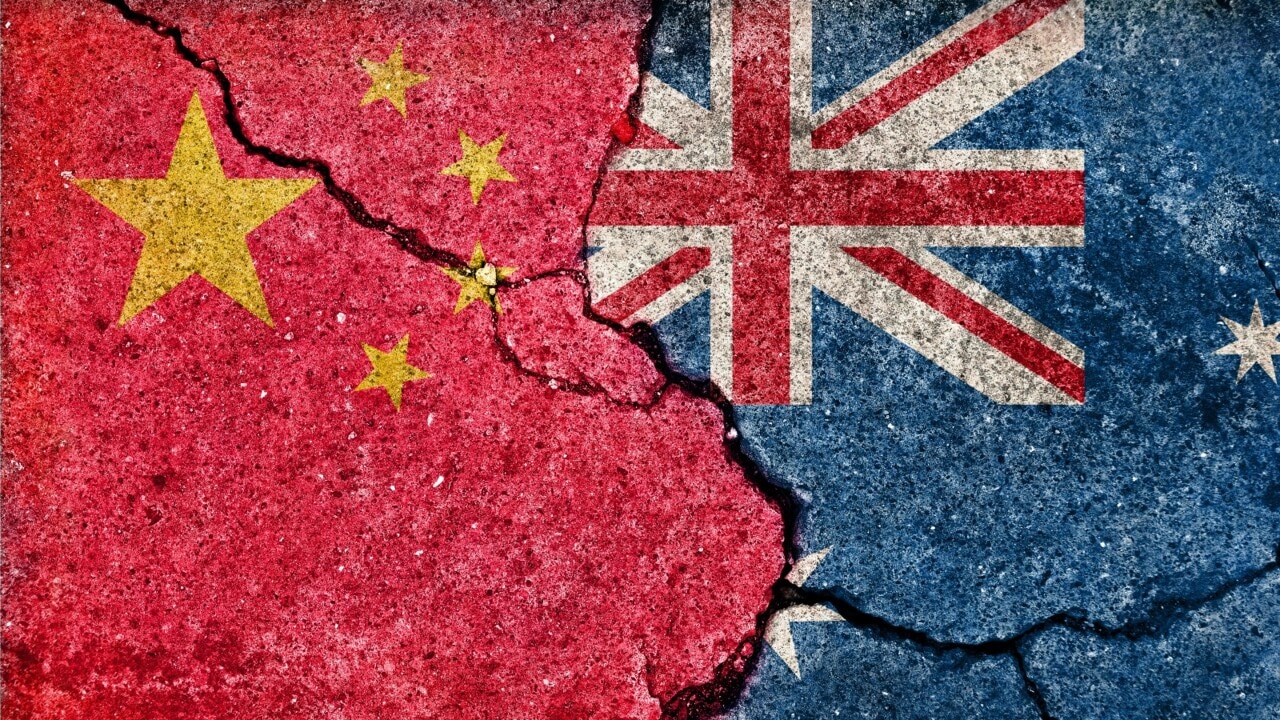
Mr Wu’s comments come amid a furious debate in Australia about how best to co-ordinate with allies to deter Mr Xi’s Communist Party from launching a war against Taiwan.
Defence Minister Peter Dutton last week told the National Press Club that Australia must stand up to China or face the loss of national sovereignty as a “tributary state’’. He warned that if China took Taiwan it would swiftly become the region’s dominant power.
Mr Dutton also warned that China’s territorial ambitions would not be satisfied by Taiwan’s fall, with the disputed, Japanese-administered Senkaku Islands its next target as it sought to transform the regional order in a direct threat to Australia’s security and prosperity.
Labor’s foreign affairs spokeswoman Penny Wong accused Mr Dutton of playing dangerous “political games” and “amping up war” by speaking directly about Beijing’s military threats. Mr Wu said he wanted to make it clear to an Australian audience that “defending Taiwan is our own responsibility”.
“We are not asking Australia to participate in a war that Taiwan is involved in,” he said.
“But during this period of time, before anything happens, the Australian support for the Taiwanese people — either international participation or urging for the peace and stability in this area — are all very good encouragement.”
He noted statements of concern by the Biden administration, the Japanese government and across Europe.
Since the late 1980s, Taiwan has transformed from an authoritarian regime into one of the leading democracies in Asia. Joe Biden has invited senior figures in the Tsai administration to participate in the US President’s democracy summit next week.
Mr Wu, who joined Ms Tsai’s national security council in 2016, said recent statements by Canberra helped to reassure Taiwanese people “that we are not alone in dealing with that big authoritarian neighbour”.
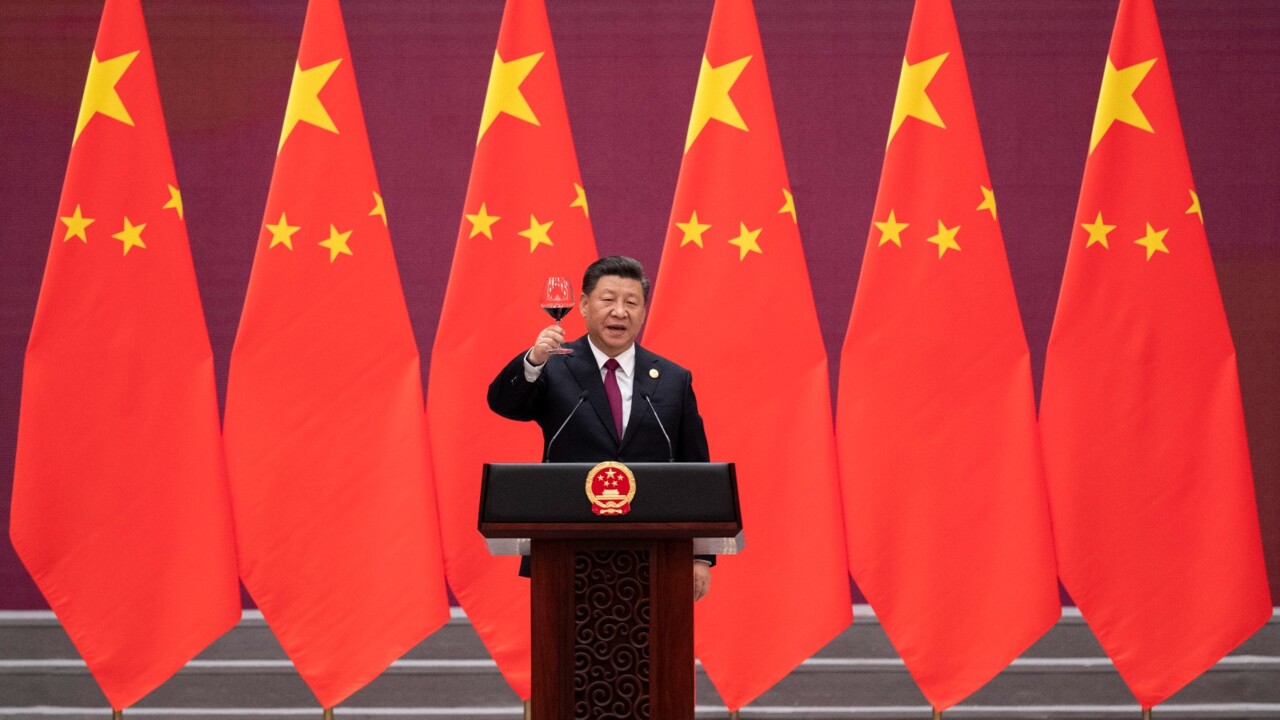
Mr Wu said Canberra could further show its support by elevating its points of contact with Taipei. “Even though we do not have formal diplomatic ties with each other, we engage in all kinds of co-operation,” he said.
“I think it is probably time for us to think about how to upgrade the contact between the two sides in a way that senior (Taiwanese) officials, very senior officials, will be allowed to visit Australia or you would allow more senior (Australian) officials, cabinet officials, to come to Taiwan to engage in their substantive discussions with us.”
The Xi administration has become increasingly bold about challenging America’s security commitment to Taiwan. China’s President personally warned Mr Biden at their virtual meeting in mid-November that “whoever plays with fire will get burnt” when discussing Taiwan.
The Communist Party speaks of Taiwan as unfinished business from a civil war that ended on the mainland in 1949.
Mr Xi also told Mr Biden that “achieving China’s complete reunification is an aspiration shared by all sons and daughters of the Chinese nation”.
National security experts from Washington to Tokyo to Brussels and Canberra have become increasingly worried about Taiwan after Beijing crushed political opposition and civil society in Hong Kong. On Sunday, the People’s Liberation Army flew another 27 military jets near Taiwan, the latest wave of the Communist Party’s pressure campaign against the island. Beijing has sent more than 800 fighter planes this year — more than double the number in 2020.
Jude Blanchette, a leading scholar on China, has cautioned that the US and its allies need to beware of Chinese President Mr Xi Jinping’s “overconfidence”.
“Beijing’s recent moves suggest genuine self-assurance and, yes, in some measure, even self-delusion,” Mr Blanchette wrote in an essay in Foreign Affairs.
Mr Wu said Taipei — which has never been ruled by the Communist Party — was concerned about the “personality cult” around Mr Xi.
“War should be avoided. And that is what we are trying to do,” Mr Wu said.
More Coverage
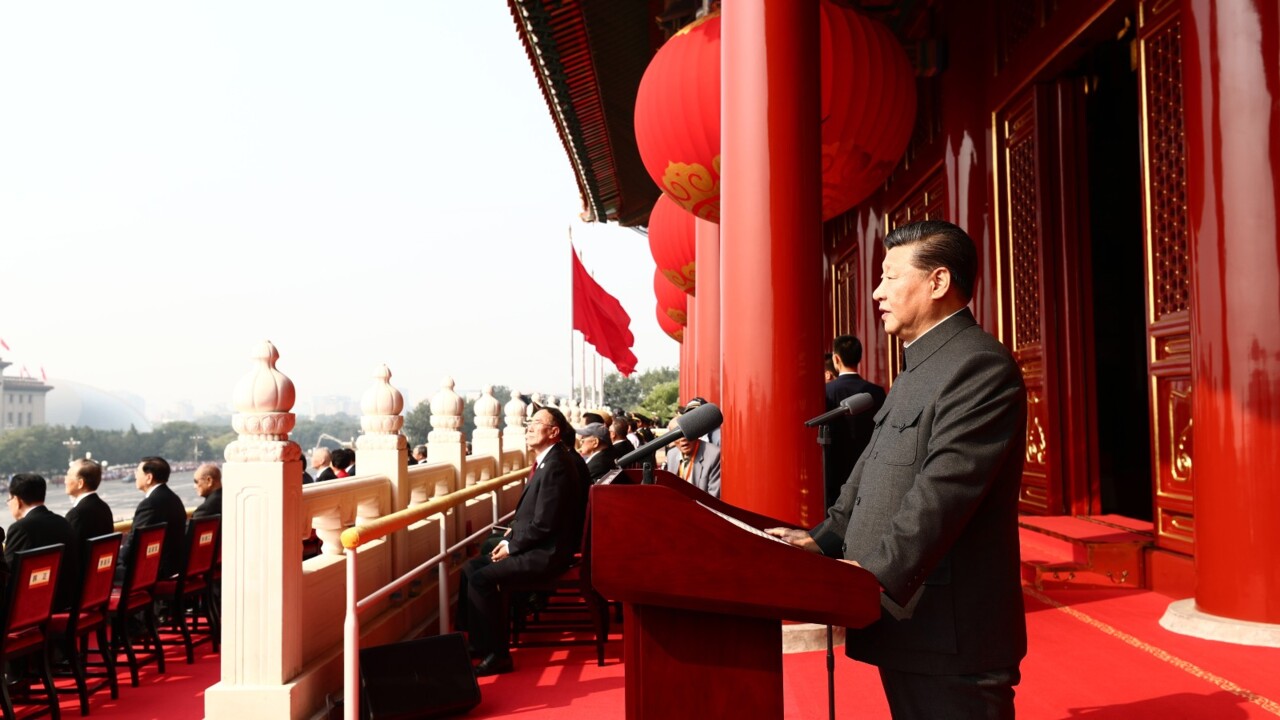



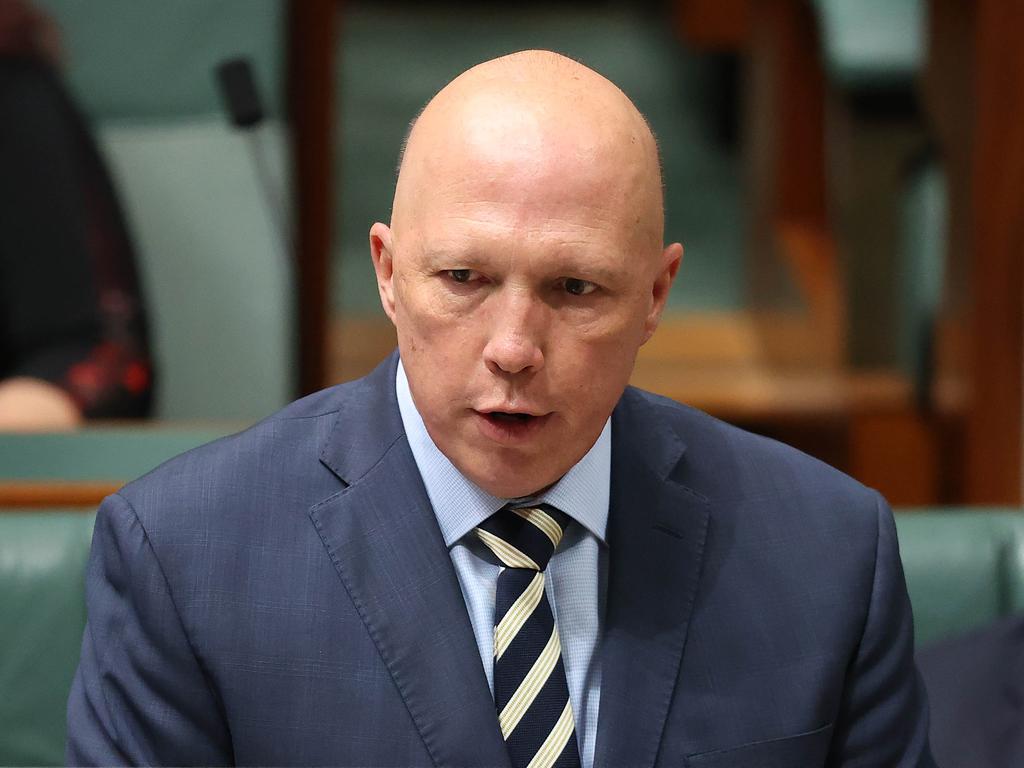

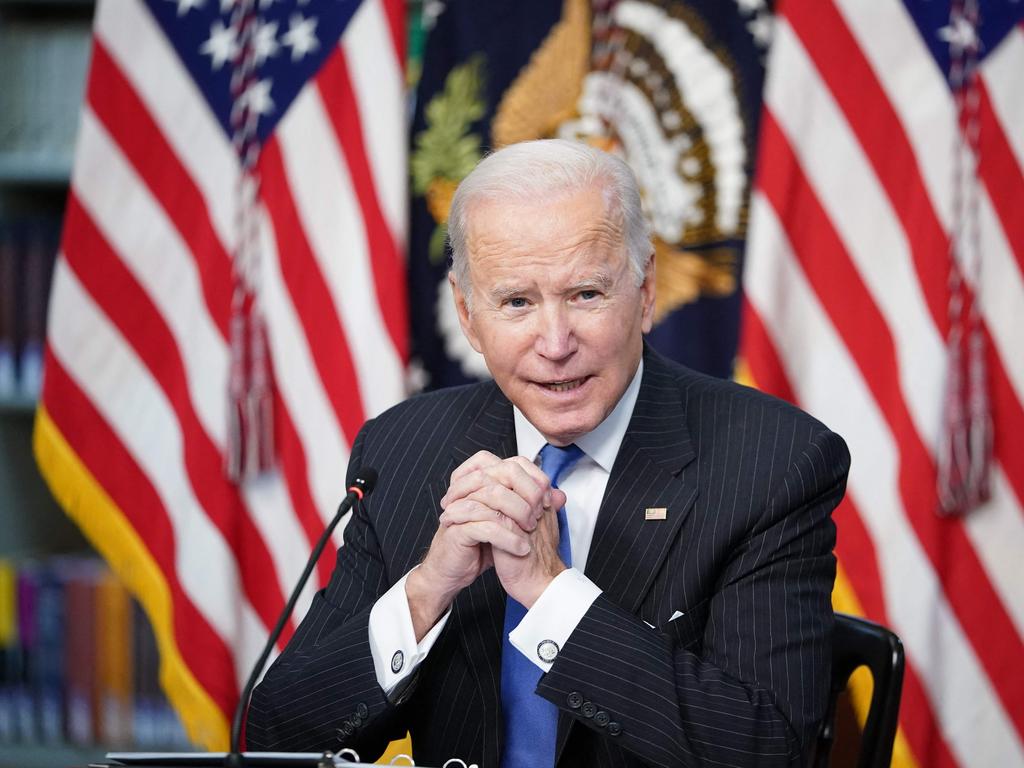


To join the conversation, please log in. Don't have an account? Register
Join the conversation, you are commenting as Logout